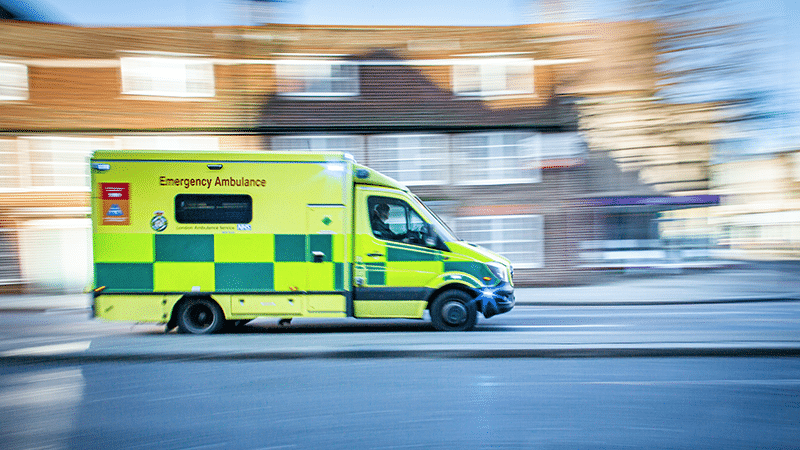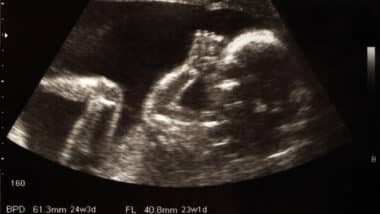The number of women making calls to the emergency services requiring ambulances for complications from taking abortions pills has risen dramatically over the past year.
Responses to Freedom of Information requests made to NHS Ambulance Services, NHS Hospital Trusts, and the Care Quality Commission (CQC) were compiled by Kevin Duffy, a former Director of Marie Stopes International who now helps to expose the abortion industry.
The data contradicts claims from abortion giant the British Pregnancy Advisory Service that home abortion pills are safer than those administered in a clinic and carry no risk of complications.
Beyond legal limit
The CQC said it had investigated 29 “serious incidents” of women who had suffered complications after having an early abortion, 17 of whom were sent home abortion pills by post after a phone or video consultation with a doctor.
Due to emergency Covid legislation, a woman can take one or both abortion pills at home up to ten weeks’ gestation. But the investigation found 19 cases of women being admitted to hospitals after aborting an unborn child older than that limit, including four instances where the baby was over 24 weeks’ gestation.
The report also indicates that, on average, 36 calls are made to 999 every month by women after taking abortion pills, and 20 women require ambulance call-outs after taking abortion pills at home. This is 54 per cent higher than the same period in 2019, according to the NHS Ambulance Services.
Foetal remains
The NHS Hospital Trusts also revealed almost 500 women a month come into hospital to deal with the horrifying aftermath of a chemical abortion where parts of the placenta or even baby remain in the uterus.
Approximately half of these women require surgery to remove the remains.
The data from the Hospital Trusts indicates that complications such as sepsis or haemorrhaging following an early abortion arise in around 7.5 abortions per 1,000. The report says this is five times higher than the figures reported by the Department for Health and Social Care, which are often quoted by abortion providers such as BPAS.
‘Traumatic’
Mr Duffy commented: “A woman having a medical abortion at 24 weeks or more is experiencing induced labour of a sizable baby, possibly at home without proper support. This would be traumatic and could lead to further physical and mental health issues.
“Worryingly, the telemedicine service cannot identify whether a woman is this far into her pregnancy, because it relies completely on the woman giving an honest and accurate gestational date over the phone.
“This could never happen under supervision in a clinic, which is why the government must end immediately the telemedicine service before more women have these life-changing experiences.”
‘Catalogue of horrors’
Alithea Williams of the Society for the Protection of Unborn Children said the data reveals a “catalogue of horrors”.
She said: “This new report shows that every month hundreds of women are having to go to hospital for complications for a procedure they were told was safe to have at home. Dozens of them are being taken there by emergency ambulance. How is this caring for women?”
She continued: “The report also confirms what has been obvious all along – that this policy is impossible to regulate. Women are being sent these pills way past the ten week limit – four cases were even over 24 weeks.
“It is also clear that complications are being severely underreported. The Department of Health needs to sit up and take notice of these appalling figures and end this policy immediately.”
EXCLUSIVE: MLA and Down’s syndrome campaigner talk to CI
Christian American football star shares why he joined pro-life movement


